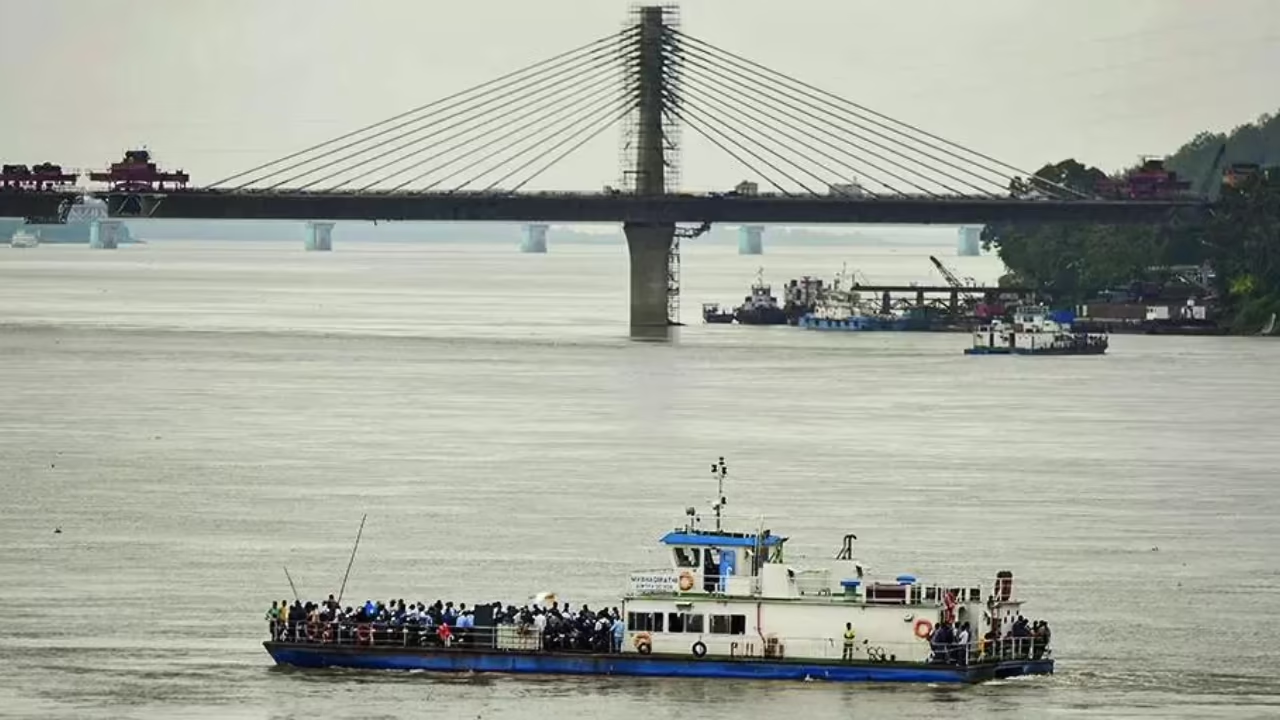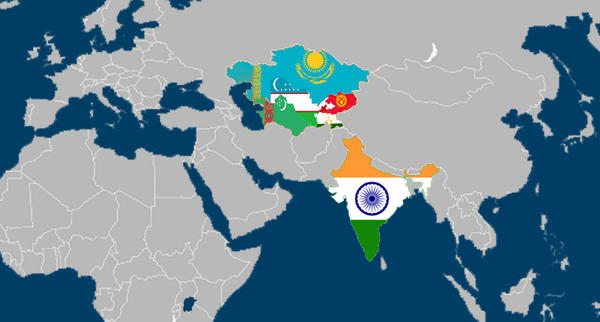- Courses
- GS Full Course 1 Year
- GS Full Course 2 Year
- GS Full Course 3 Year
- GS Full Course Till Selection
- MEP (Mains Enrichment Programme) Data, Facts
- Essay Target – 150+ Marks
- Online Program
- GS Recorded Course
- NCERT- First Ladder
- Polity
- Geography
- Economy
- Ancient, Medieval and Art & Culture AMAC
- Modern India, Post Independence & World History
- Environment
- Governance
- Science & Technology
- International Relations and Internal Security
- Disaster Management
- Ethics
- Current Affairs
- Indian Society and Social Issue
- CSAT
- 5 LAYERED ARJUNA Mentorship
- Public Administration Optional
- ABOUT US
- OUR TOPPERS
- TEST SERIES
- FREE STUDY MATERIAL
- VIDEOS
- CONTACT US
SC Directions on Remission Policies for Convicts
SC Directions on Remission Policies for Convicts
05-11-2024
- In November 2024, the Supreme Court has issued key directions to bring uniformity and transparency to policies regarding permanent remission for convicts.
- The Court emphasized that information on remission policies must be easily accessible to convicts and their families.
- The Bench was hearing a suo motu case of 2021 titled as “Policy Strategy for Grant of Bail” and directed all States and Union Territories to inform convicts of any rejection of applications for permanent remission within one week.
What is Remission?
Types of Remission
Special Remission: Granted as a form of special amnesty, often on national holidays (e.g., Independence Day, Republic Day) or when the government provides relief to specific prisoner categories, like the elderly, sick, or women prisoners. a process that allows the government to reduce or cancel a prisoner's sentence under certain conditions. |
Key Directives for Remission Policies
- Accessible Policy Information: Prisons must visibly display remission policies, including recent updates. Policies should be uploaded on government websites in English.
- Jail authorities are responsible for notifying eligible convicts about these policies.
- Timely Notification of Rejections: States and Union Territories must inform convicts of any remission application rejections within a week.
- Copies of rejection orders must be sent to relevant district legal services authorities to facilitate legal aid support.
- Individualised Case Consideration: The court emphasized that remission conditions should be individualized, considering each convict’s unique circumstances.
- Remission Consideration and Pending Appeals: Convicts’ pending conviction appeals should not automatically delay remission consideration.
- Only state-filed appeals for sentence enhancement or acquittal may justify a delay in remission consideration.
- Legal Aid and Support: Legal aid authorities must receive information on remission rejections to provide necessary support to convicts.
- Future Actions and Deliberations: The court set December 3, 2024, as a date for further deliberation on additional issues:
- Whether States must provide reasons for all remission rejections.
- Whether eligibility for remission should be assessed for remission even if the convict does not apply for it.
- Emphasis on Policy Updates: States are directed to make updated remission policies easily accessible, supporting transparent remission procedures.
Constitutional Provisions for Remission in India
The scope of the pardoning power of the President under Article 72 is wider than the pardoning power of the Governor under Article 161. |




